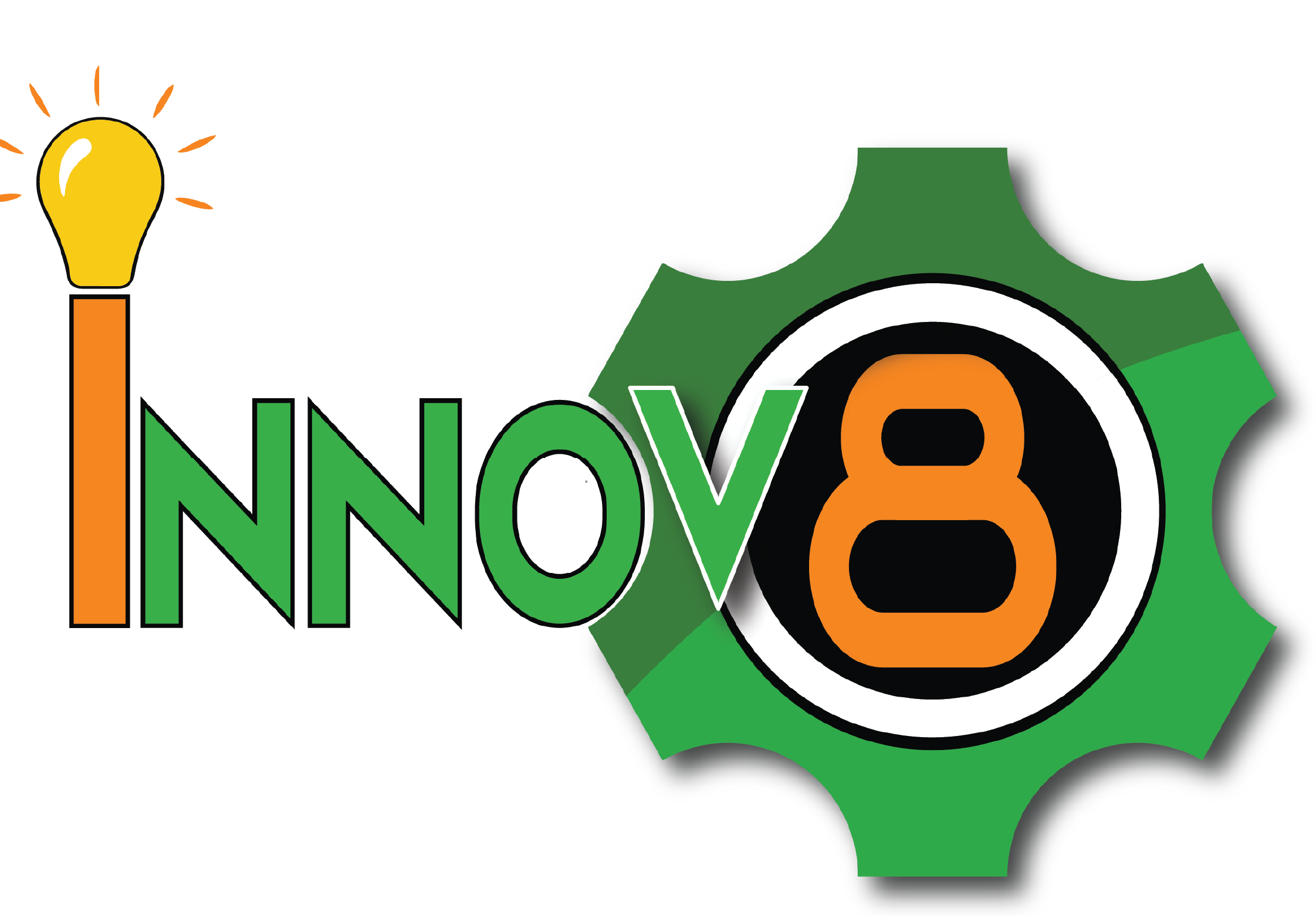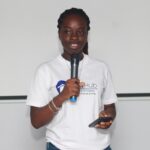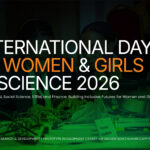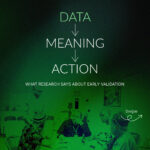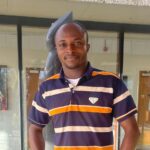World Food Day (16th October) is an international day to mark the founding of the United Nations Food and Agriculture Organization (FAO), on the same date in 1945. To mark this year’s celebration, Innov8 Hub recaps the activities of some of the agricultural Innovators who are Fellows of the Innovation Fellowship for Aspiring Inventors and Researchers (i-FAIR). These Fellows developed
Author: Innov8 Hub
Protecting your Intellectual Property begins with you
Since 1999, the African Union (AU) set aside the 13th of September, as the African day for Technology and Intellectual Property rights across the continent. Nigeria, through the National Office for Technology Acquisition and Promotion (NOTAP), has been at the forefront of celebrating this event, which is aimed at exploring and developing the intellectual potentials of Nigerian youths, researchers, inventors, and
Mental Health Wellness: What you Need to Know
Mental health refers to our behavioural and emotional well-being; however, its crisis is any scenario in which a person’s actions, feelings, or behaviours put them in danger of injuring themselves or others.
Six Quick Tips to Overcome the Fear of Public Speaking
Being tense during a public speaking event affects the way the message is going to be passed or the quantity of the message. Fearful presenters frequently try to avoid the audience in the hopes that this would reduce their level of anxiety.
Promoting Rural Development through Solar Energy
Innov8 Hub in partnership with LR Group commissioned the E-Cube Smart Village. The facility is solar powered with several applications aimed at promoting developmental strides in rural areas and organizations.
Innovation; for a better future
IP and Youth: Innovating for a Better Future The Technology and Innovation Support Center (TISC) at Innov8 Hub organized a workshop to commemorate IP Day ’22. The Workshop hosted professionals, students and organizations. This year’s celebration was themed IP and Youth: Innovating for a Better Future. This year’s theme focused on ways young innovative, creative and energetic minds are steering
Partnering with Engineers for Innovation & Development
We are excited to announce a partnership with the Nigerian Society of Engineers. on the 22nd of April 2022, Innov8 Technology Hub signed a partnership agreement with The Nigerian Society of Engineers. Representatives from both parties were present at the agreement signing. the partnership will usher in a new era for engineers in Nigeria. The Nigerian Society of Engineers (NSE)
Sustainable Farming in Nigeria
Encouraging farming in Urban centres through sustainable systems. As a developing nation, agriculture is important to Nigeria. Livestock farming, fish farming, forestry, and crop production make up the agricultural sector. Crop production accounts for 87% of the products from the sector. To end extreme poverty, agriculture can increase earnings and ensure food security. A study by the world bank in
Egg Incubation & Technology.
Using a smart egg incubator to solve egg incubation challenges in poultry farming. Poultry farming in Nigeria contributes 26% of Nigeria’s agricultural GDP. Farmers rear domestic birds like chickens and others for meat and eggs as a source of protein. However, poultry farming is faced with challenges. One of the challenges faced by poultry farmers in Nigeria is egg incubation.
TISC now in Abuja.
The World Intellectual Property Organisation (WIPO) commissioned one of its Technology Innovation Support Center (TISC) located within the Innov8 Hub, Abuja. Innov8 is an innovation start-up incubation hub where ideas are transformed into inventions, solutions, and enterprises. The commissioning was done by Mr Oluwatobiloba Moody, who heads the WIPO Nigeria Office, and Barr. Stella Ozo Ezenduka, the Register, Patents and
